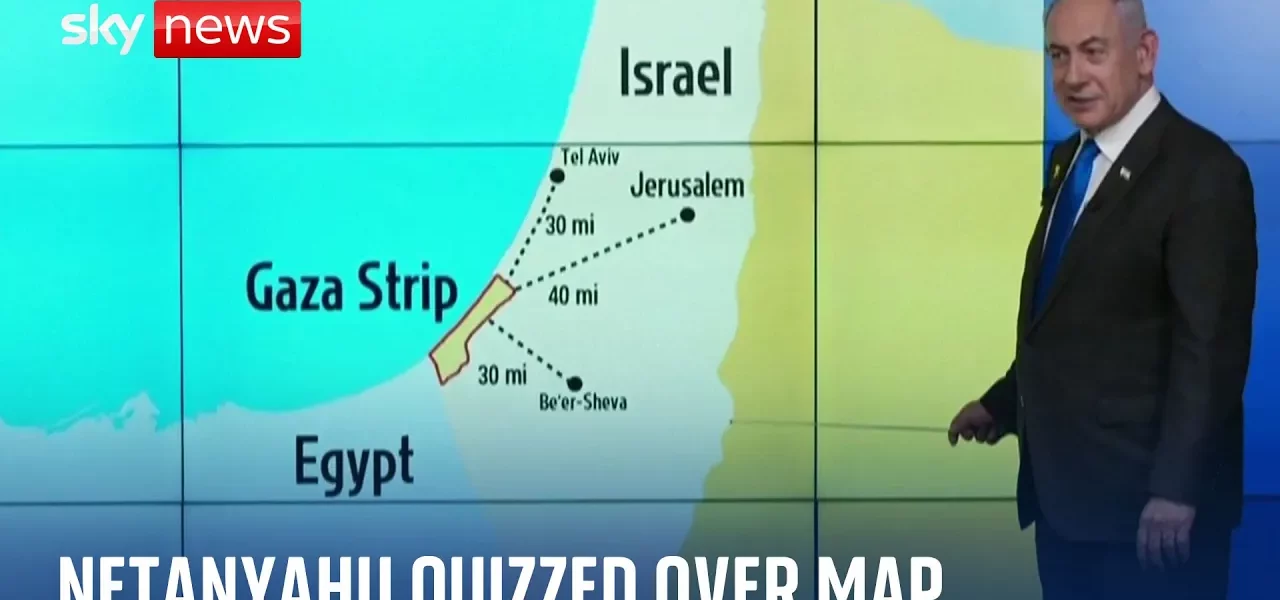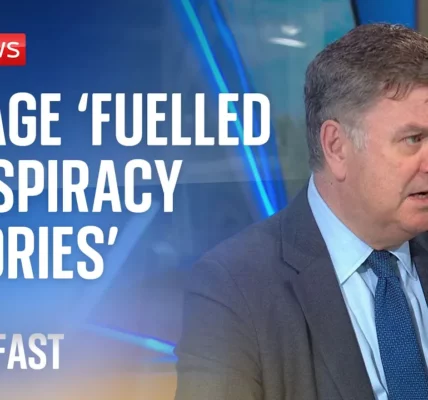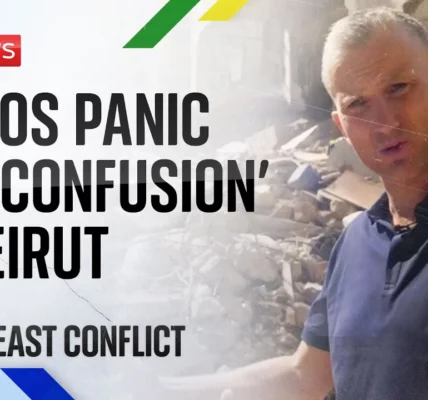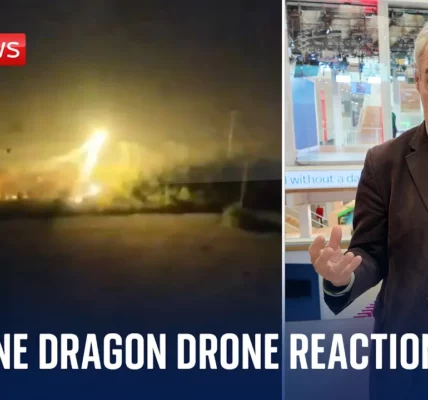Understanding the Geopolitical Landscape: Israel, Hamas, and the West Bank

This article delves into the intricate dynamics of the Israeli-Palestinian conflict, focusing on the allegations surrounding territorial claims, the ongoing strife, and the broader implications for peace in the region.
Introduction
The Israeli-Palestinian conflict remains one of the most contentious issues in modern geopolitics. It is marked by deeply entrenched narratives, territorial disputes, and a complex web of historical grievances. In recent discussions, the focus has shifted to the claims made by Hamas and other groups regarding Israel’s intentions and the existence of territories such as the West Bank. This article aims to unpack these claims, analyze the official policies, and explore the implications for peace in the region.
Claims and Counterclaims: The Nature of the Conflict
At the core of the conflict lies a series of claims and counterclaims between Israelis and Palestinians. These assertions often shape public perception and international discourse.
Allegations Against Israel
Critics often assert that Israel’s policies aim to erase the Palestinian presence in the West Bank. Key points of discussion include:
- Claims of territorial annexation and settlement expansion.
- Accusations of ethnic cleansing and displacement of Palestinian communities.
- Allegations of military aggression against Palestinian civilians.
Israeli Perspective on the Conflict
From the Israeli government’s viewpoint, the narrative is starkly different. Israeli leaders argue that:
- They are engaged in a legitimate defense against terrorism.
- Hamas’s strategy involves violent confrontations aimed at destroying Israel.
- The Palestinian Authority (PA) employs legal and diplomatic avenues (lawfare) to delegitimize Israel.
The Role of Education and Propaganda
Education plays a significant role in shaping the narratives on both sides. Both Israeli and Palestinian educational systems reflect their respective historical grievances and political ideologies.
Palestinian Educational Content
Reports indicate that Palestinian textbooks often include:
- Anti-Israel sentiment and the call for the destruction of the Israeli state.
- Promotion of martyrdom and glorification of violence against Israelis.
Israeli Education on Security
Conversely, Israeli education emphasizes:
- The historical connection of Jews to the land of Israel.
- The necessity of security measures in light of ongoing threats from groups like Hamas.
The Geopolitical Implications of the Conflict
The implications of the Israeli-Palestinian conflict extend beyond the immediate region, influencing global politics, alliances, and public opinion.
International Reactions
The international community is divided in its response to the conflict. Key factors include:
- Support for Israel as a democratic ally in the Middle East.
- Criticism of Israeli policies seen as oppressive towards Palestinians.
- Calls for a two-state solution as a pathway to peace.
The Impact on Regional Stability
The ongoing conflict affects not only Israeli and Palestinian lives but also the stability of neighboring countries. Factors to consider include:
- Increased tensions among Arab nations regarding their stance on Israel.
- The rise of extremist groups that exploit the conflict for recruitment.
- Economic repercussions for the region linked to prolonged instability.
Conclusion
Understanding the Israeli-Palestinian conflict requires a nuanced approach that considers the historical context, political motives, and social dynamics at play. While allegations of territorial erasure and violence dominate discussions, it is essential to recognize the underlying complexities that fuel this ongoing struggle. As we look toward potential resolutions, open dialogue and education will be crucial in fostering mutual understanding. For further insights on this topic, explore our related articles on the Israeli-Palestinian peace process and the role of international diplomacy.
“`




